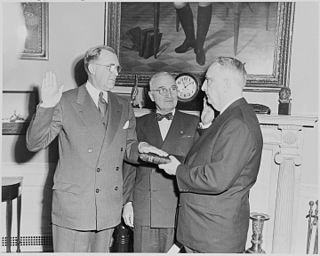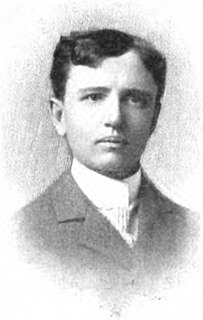A Quote by Charles E. Wilson
That it is logical, fair and reasonable to maintain the purchasing power of an hour's work in terms of goods and services the employee must purchase in his daily living.
Related Quotes
Purchasing power parities are not a reasonable method for comparing households across countries or currencies. The reason for this is simply that PPPs are sensitive to the prices of all the commodities, goods and services, that households are consuming worldwide, with each commodity weighted in the calculations according to its share in international household consumption expenditure.
An underpaid man is a customer reduced in purchasing power. He cannot buy. Business depression is caused by weakened purchasing power. Purchasing power is weakened by uncertainty or insufficiency of income. The cure of business depression is through purchasing power, and the source of purchasing power is wages.
Like gold, U.S. dollars have value only to the extent that they are strictly limited in supply. But the U.S. government has a technology, called a printing press (or, today, its electronic equivalent), that allows it to produce as many U.S. dollars as it wishes at essentially no cost. By increasing the number of U.S. dollars in circulation, or even by credibly threatening to do so, the U.S. government can also reduce the value of a dollar in terms of goods and services, which is equivalent to raising the prices in dollars of those goods and services.
Purchasing power is a license to purchase power. The old proletariat sold its labour power in order to subsist; what little leisure time it had was passed pleasantly enough in conversations, arguments, drinking, making love, wandering, celebrating and rioting. The new proletarian sells his labour power in order to consume. When he’s not flogging himself to death to get promoted in the labour hierarchy, he’s being persuaded to buy himself objects to distinguish himself in the social hierarchy. The ideology of consumption becomes the consumption of ideology.
Generally, we have translated greater output in the few hours of work per week over the last century. And that's a good trend of the future. But we do have to have a system that, as output of goods and services keeps increasing per capita, that it takes care of the people who are willing to work and really are not getting by very well with a family on a 40-hour week.
We stand for a living wage. Wages are subnormal if they fail to provide a living for those who devote their time and energy to industrial occupations. The monetary equivalent of a living wage varies according to local conditions, but must include enough to secure the elements of a normal standard of living-a standard high enough to make morality possible, to provide for education and recreation, to care for immature members of the family, to maintain the family during periods of sickness, and to permit of reasonable saving for old age.
































